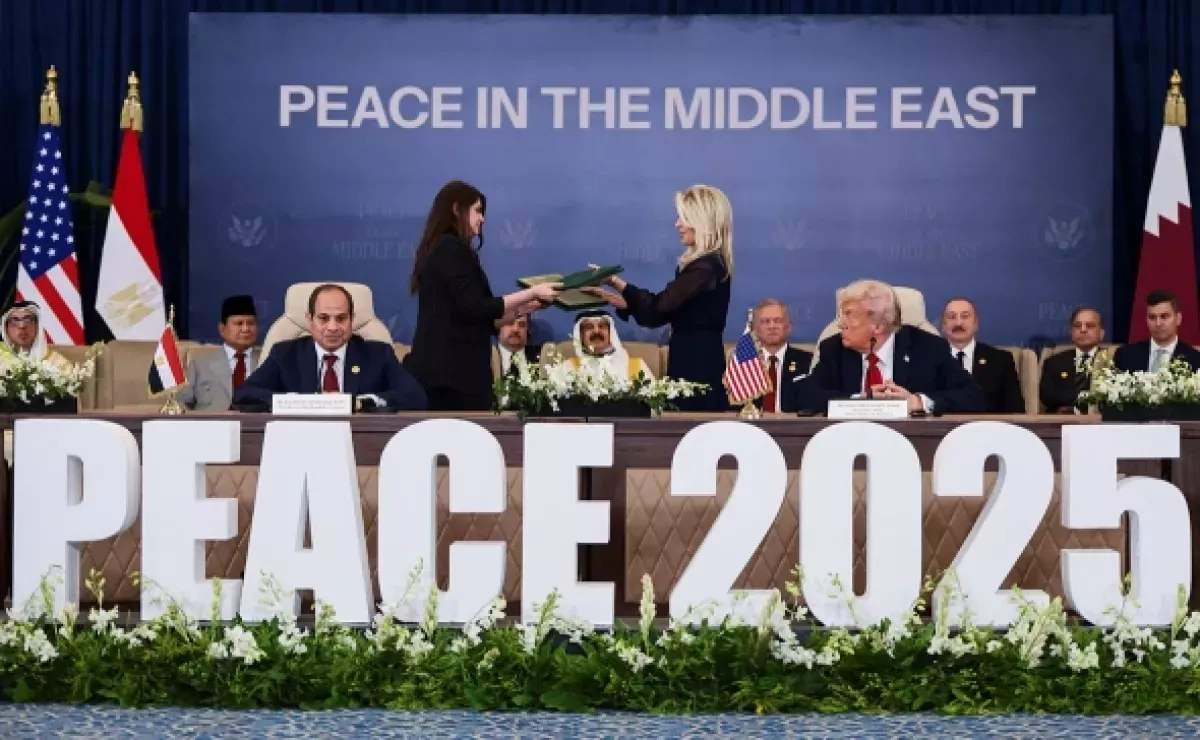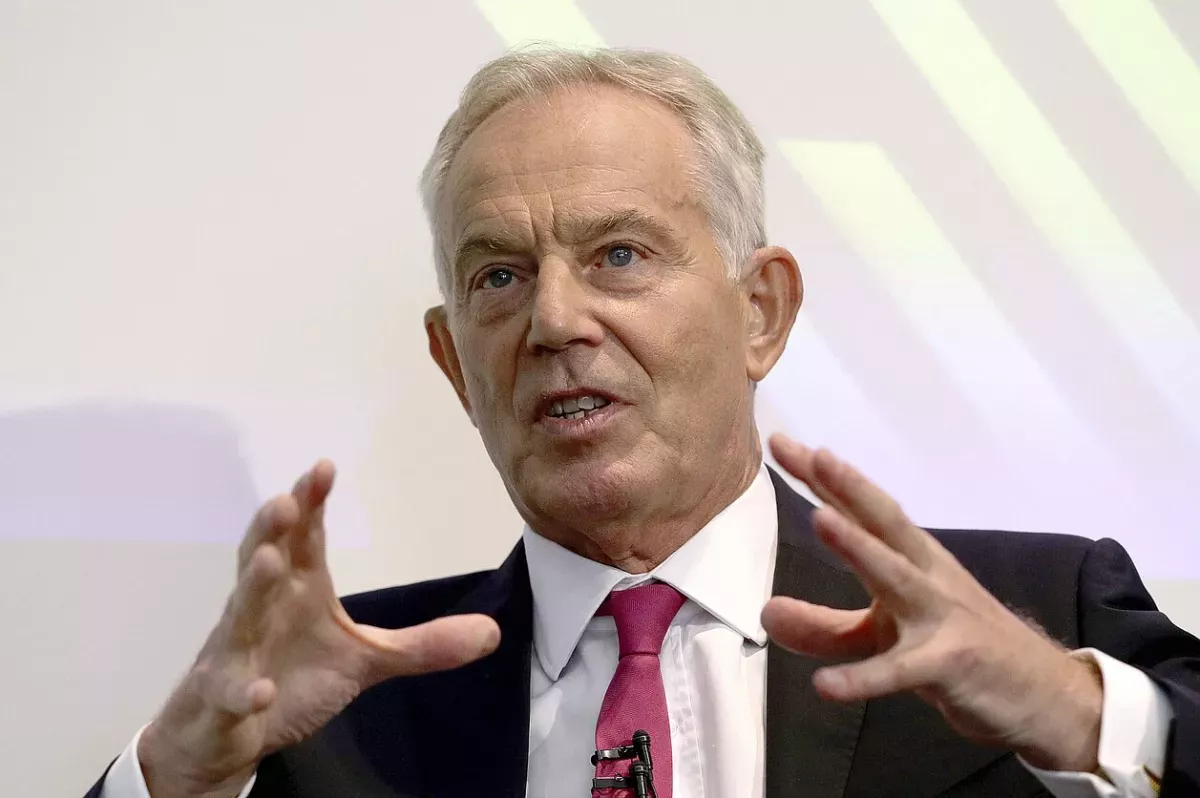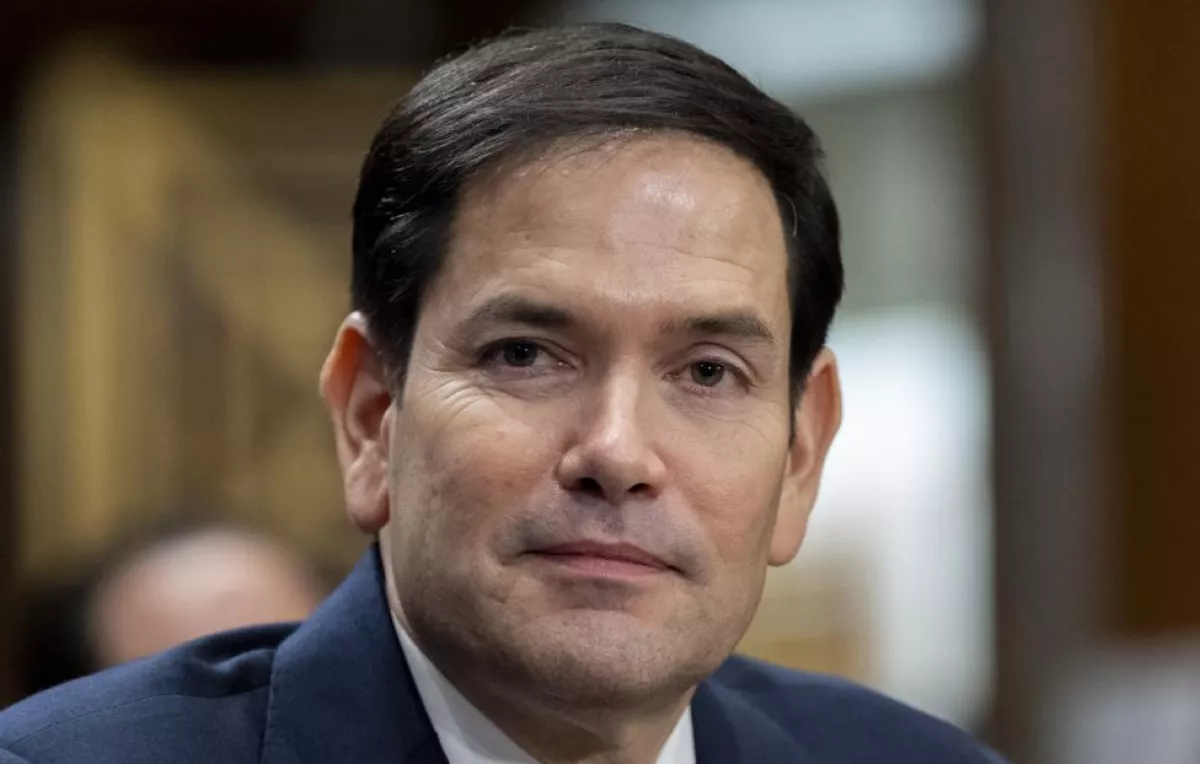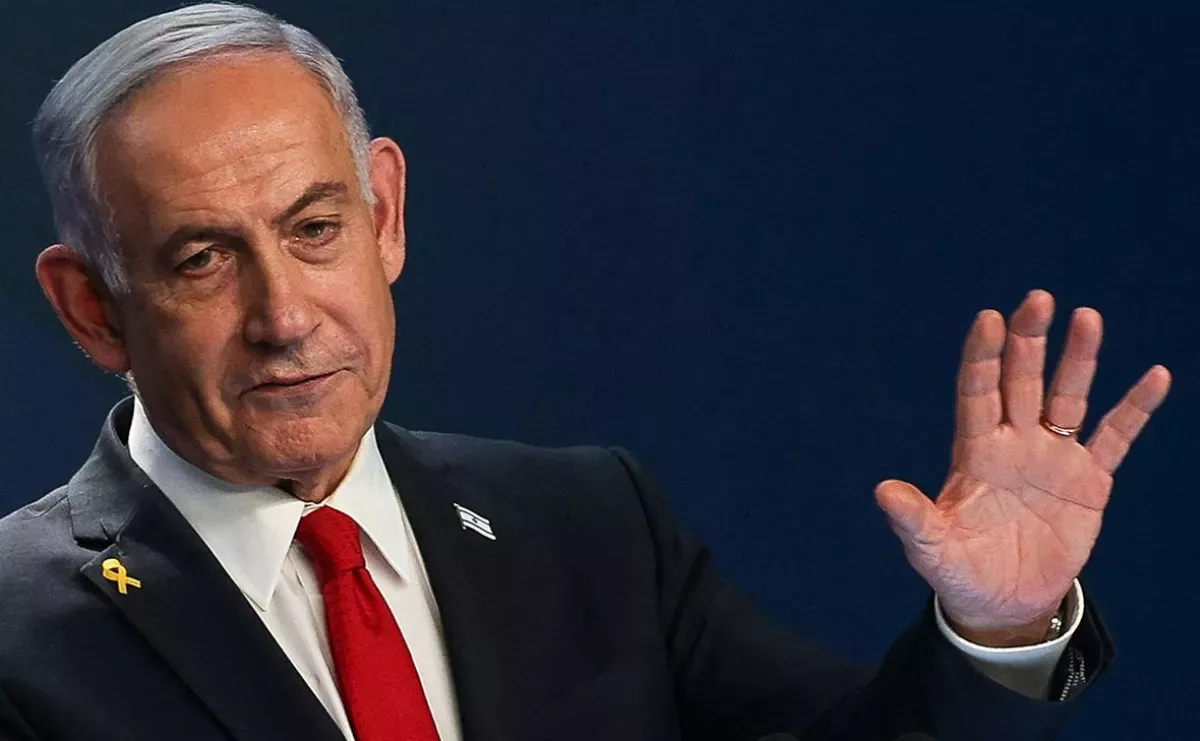Israel, Hamas, and US without exit plan Gaza peace on paper
Politico (a U.S. media organisation specialising in political journalism and regarded as one of the most well-informed in the world) recently published important information on a potential peace settlement in Gaza, citing several senior U.S. officials and representatives of other states who are well-informed on the matter. According to these sources, the situation remains worrying, the prospects for a peace plan are uncertain, and Washington is fully aware of this.

Trump managed to halt Israel’s ground offensive and stop the destruction of Gaza. According to the Gaza Health Ministry, 65,000 people were killed during the Israeli bombings and the fighting between the IDF and Hamas — most of them civilians, with their names publicly listed. Much of the territory’s infrastructure was destroyed. And yet, despite this, uncertainty remains.
Washington’s peace plan
There have already been several ceasefire cycles between Hamas and Israel, each one followed by new strikes. For decades, Gaza has been under an Israeli blockade — by land, sea, and air. Even before the war, unemployment in the enclave had reached 45 per cent, according to the World Bank. It was clear that Hamas would not accept the blockade, just as no other government would tolerate such conditions.
Hamas repeatedly sought to inflict damage on Israel, which maintained the blockade, including through the October 7, 2023, raids, when its militants entered Israeli territory and carried out mass killings of civilians. In response, Israel’s leadership launched a military campaign in Gaza aimed at destroying Hamas. Without meaningful change, this cycle of violence is certain to repeat.
Currently, the IDF controls 53 per cent of Gaza, while Hamas retains control over 47 per cent of the territory, where 97 per cent of the two-million-strong Palestinian population is concentrated. The Hamas group, which governs the sector, is expected to surrender its weapons, and Israel is to fully withdraw its troops from Gaza. At least, that is the American plan.

Washington’s peace plan, in the development of which former UK Prime Minister Tony Blair participated, envisages the creation of a Palestinian government in Gaza composed of technocrats. This government would be accountable to an international committee likely to include the Arab monarchies of the Gulf and some other U.S. allies. But above all, it would answer directly to the Americans. The Palestinian technocrats would focus on rebuilding the sector, with funding, Washington believes, provided by the wealthy Sunni Arab monarchies of the Gulf.
To prevent further bloodshed and renewed clashes, international security forces composed of troops from several countries would be deployed in Gaza. Their role would be to monitor and enforce the ceasefire.
And finally, the Palestinian Authority (PA) — aligned with Fatah, hostile to Hamas, and nominally governing part of the Israeli-occupied West Bank — would be expected to carry out political reforms and hold elections. At some later stage, if the United States deems these reforms and elections (which would include Gaza as well) satisfactory, Israel — a U.S. ally — would be expected to end its occupation.
This last point looks entirely unrealistic, given that Israel has settled around 800,000 of its citizens in the West Bank and continues to expand its settlements there.
Smooth on paper, rough in reality
One of the main obstacles in the Gaza peace talks is bureaucratic. Only a handful of people in the Trump administration are fully briefed on the situation, understand its complexities, and are capable of making decisions. Yet those same people are stretched thin, dealing with other major issues in global politics. Although Politico doesn’t name anyone, it’s clear that the reference is primarily to Marco Rubio.

He holds several positions in the Trump administration, including two key ones: as Secretary of State, he directs U.S. foreign policy, and as the President’s National Security Advisor, he coordinates the work of all security and intelligence agencies. Rubio, one of the few genuine professionals in Trump’s inner circle, has become indispensable — but he cannot make decisions at lightning speed.
This bureaucratic challenge is significant, but it’s far from the only one. Based on the leaks Politico has published, the U.S. leadership — Rubio included — simply doesn’t know what to do next.
Israel, meanwhile, refuses to withdraw its forces from the Gaza Strip, continuing to control more than half of the territory. It insists it will not leave until Hamas disarms.
But Hamas has no intention of disarming. As former Mossad officials once warned, if it did, Israel would immediately move in to eliminate Hamas fighters — and Hamas is fully aware of this. In the Middle East, political power belongs to those who have reasonably strong armed forces (Hamas has around 30,000–40,000 fighters). If you lack strong armed formations — for example, guerrilla groups that effectively use underground infrastructure (tunnels) — yet still claim a place in disputes with major powers, you are finished.
Hamas is not just refusing to disarm — it is strengthening control over half of Gaza, executing Palestinians deemed disloyal, setting up checkpoints, patrolling neighbourhoods, and more. According to Politico, Hamas has also deployed an additional 7,000 security personnel in the areas it controls.
So how could a government of Palestinian technocrats possibly operate in Gaza? On one side, there is the IDF; on the other, 30,000 armed Hamas fighters. What forces would such a government rely on? And what would it say to these armed groups if they opposed its policies?
The Palestinian Authority and Fatah would like to deploy their own forces in the Strip. But Israel is firmly against this. Netanyahu’s government fears that if the PA gained control over Gaza while maintaining its presence in the West Bank — effectively governing all five million Palestinians — the international community would see this as a strong argument for immediately supporting the creation of a Palestinian state. The pressure on Israel to withdraw its forces would then become far more intense.

Netanyahu and his coalition, which includes members of radical nationalist and religious parties, are firmly opposed to the creation of a Palestinian state.
As for the proposed international security forces, the Arab monarchies are reluctant to send their troops to Gaza. They remember that not long ago, Israel bombed Qatar, a U.S. ally, and they are unwilling to risk positioning their forces near Israel.
Türkiye, however, appears willing to take that risk, offering to deploy troops to Gaza to protect Palestinians and prevent clashes with Israel. But Israel, aware that Türkiye is an independent and powerful player, opposes any Turkish military presence in the Strip.
In short, the Trump administration finds itself in a difficult position, notes Politico, citing these facts while carefully avoiding the most controversial points. For example, the outlet does not mention that Israel repeatedly bombed Gaza even after the ceasefire in October, killing dozens. According to IDF officials, those targeted were Hamas fighters plotting attacks. Perhaps they were, but a question arises: how long can such a “peace” last?
Politico points out that the Trump administration has committed itself to achieving peace and ending the Israeli-Palestinian conflict. But “will the plan hold?” the outlet asks. Many experienced American diplomats have tried to solve this problem in the past — and failed.

This is particularly striking given that Trump came to power under the isolationist slogan “America First,” emphasising that the U.S. should focus on its own problems rather than meddling in the affairs of other countries. The contradiction is clear: Trump has voluntarily immersed himself in the Israeli-Palestinian conflict and promised to find a solution — yet it remains uncertain whether he will succeed.








